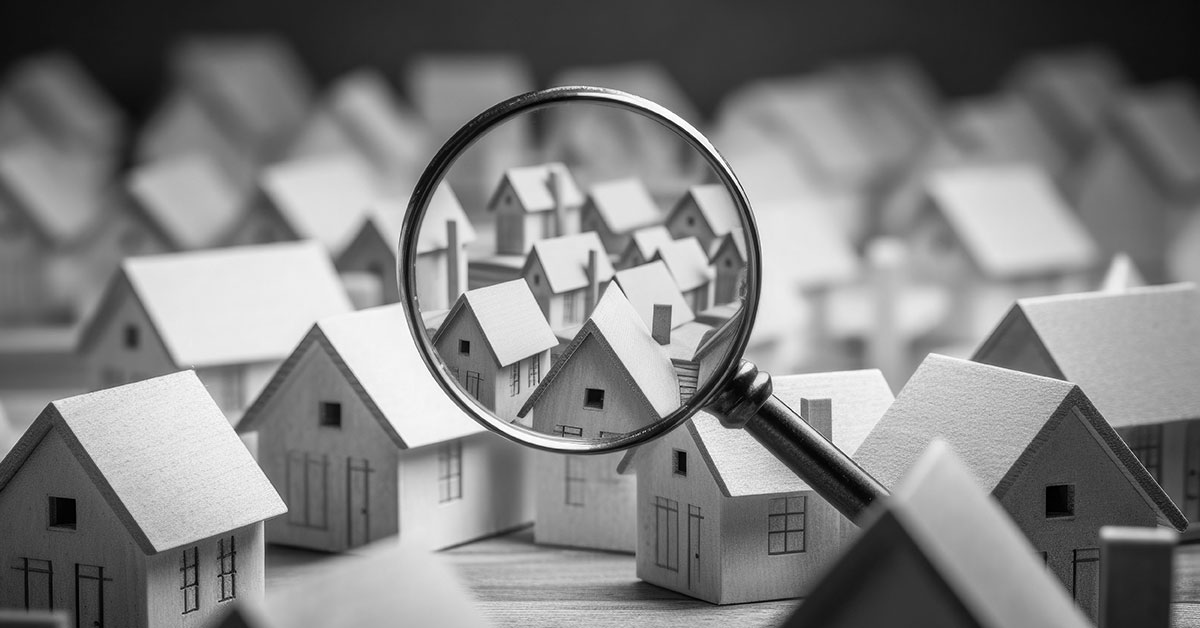- I recommend the Pixel 9 to most people looking to upgrade - especially while it's $250 off
- Google's viral research assistant just got its own app - here's how it can help you
- Sony will give you a free 55-inch 4K TV right now - but this is the last day to qualify
- I've used virtually every Linux distro, but this one has a fresh perspective
- The 7 gadgets I never travel without (and why they make such a big difference)
Security in the Property Industry: Challenges and How to Avoid Attacks

In recent years, there has been a major ongoing trend toward more digital infrastructure and an increased dependence on technology across a wide variety of sectors. In the property industry, this has manifested heavily in the growth of the property technology (PropTech) market. These developments have had a serious impact on the sector, enabling advances that both improve existing processes and add new features to real estate transactions. Unfortunately, the ubiquity of digital technology in the property industry also makes it a prime target for cybercriminals, leaving organizations and individuals vulnerable to malicious attacks and accidental incidents. The security of data and assets should be a top priority for those in the property industry.
Growing Risks to Security
The massive digital transformation in the property sector has come about as a result of several factors. The COVID-19 pandemic has driven many organizations across all industries to adopt technologies that allow remote operations, including remote and hybrid working as well as things like online portals and mobile applications for real estate. The combination of the pandemic and the booming PropTech market, as well as the fact that real estate transactions often have high stakes and high financial value, has created an environment ripe for cybercriminals to take advantage of. An abundance of new technology opens the door, while the potential payout makes it worth the effort of an attack.
The property sector is also vulnerable to attack due to the fact that supply chains are often long and convoluted, including many unknown organizations and individuals. Real estate professionals are expected to push transactions through as quickly as possible, creating the perfect opportunity for cybercriminals to launch phishing attacks. Insider threats are also a significant risk for the property industry to watch out for and defend against. Malicious actors can intentionally cause harm to an organization from within for their own personal gain, while negligent or ignorant mistakes from well-meaning insiders can also lead to a serious security incident.
Security Best Practices
There are a number of measures and practices that an organization can implement in order to prevent mistakes and protect against the wide range of cyberattacks and other potential security incidents. Achieving and maintaining compliance with any and all applicable regulations is not only important to avoid consequences such as fines and disciplinary action but also can go a long way toward building a robust and layered cyber defense strategy. While compliance is certainly not the be-all and end-all of cybersecurity, the regulations in place exist for the security and protection of all involved parties, including organizations, their employees, and their customers.
It is also vital to ensure that all members of the organization are sufficiently trained in cybersecurity and cyber hygiene. By giving employees the tools and knowledge necessary to detect, identify, and prevent many types of attacks, an organization can avoid a number of threats, including phishing and other forms of social engineering, device or credential theft, and internal errors that lead to breaches or leaks. Additionally, organizations must be certain that any potential affiliations—trade partners, cybersecurity or other tech solutions, and contractors, to name a few—are examined in advance and determined to be trustworthy individuals and entities.
Looking Forward
The growth that has led to the current industry and threat landscape in the property industry is not expected to stop just yet. The PropTech industry is expected to grow from its current value of £14.4 billion to a staggering £68.3 billion by the year 2032. Some sources also say that housing prices will continue to increase at a modest but steady pace in the following years. With this kind of industry growth occurring, it seems likely that the property industry will stay a lucrative target for cybercriminals, both vulnerable to attack through digital means and prosperous enough to profit from.
In addition to the growth of the property and PropTech industries, cybercrime is in a state of extreme growth. The annual global cost of cybercrime, including remediation and other financial damages, is expected to reach $10.5 trillion by 2025, which is a significant increase from $6 trillion in 2021. As cybercrime continues to climb, the number of attackers and attacks growing along with the costs to businesses, organizations are more and more at risk of catastrophic security incidents. Staying up to date on industry trends and developments in the threat landscape will help organizations keep abreast of any new changes.
Conclusion
The property industry is no less susceptible to major cyberattacks than any other sector; in fact, there are a number of factors that put it at particular risk. The increasing digital technology available provides a broad attack surface for cybercriminals to target, and the high value of real estate transactions makes for a high potential payout. The competitiveness of the industry, the fact that transactions are expected to be made quickly, and the nature of the supply chain make for an environment that is highly vulnerable to external attacks and internal threats alike. Using cybersecurity best practices and the right tools, organizations in the property industry can protect their assets and data against damaging cybersecurity incidents.
Editor’s Note: The opinions expressed in this guest author article are solely those of the contributor, and do not necessarily reflect those of Tripwire.

